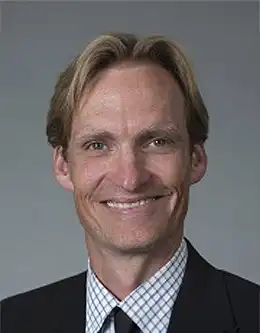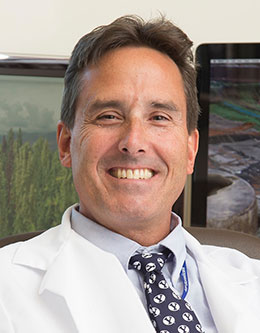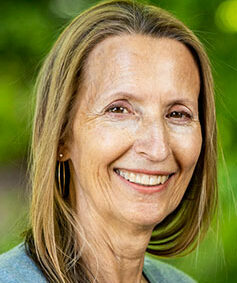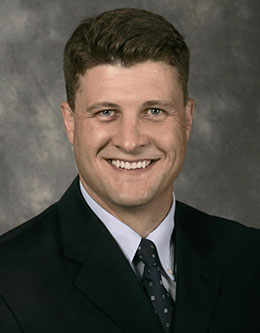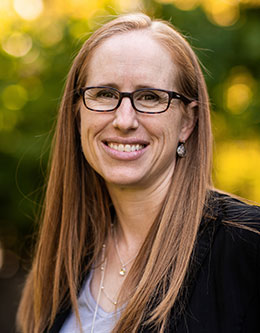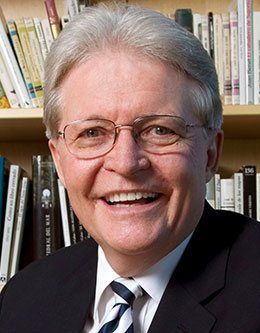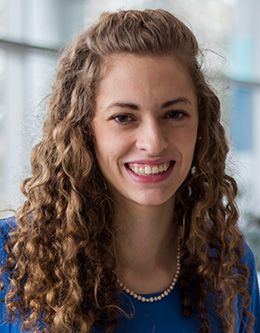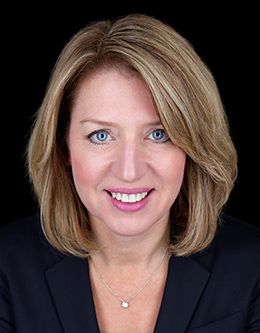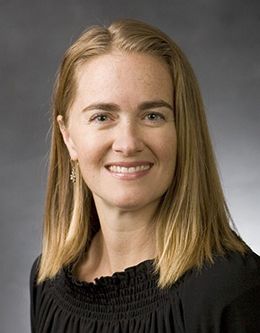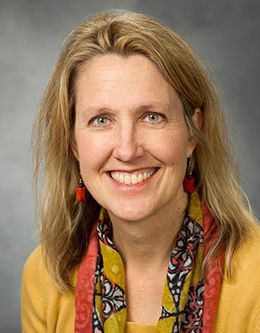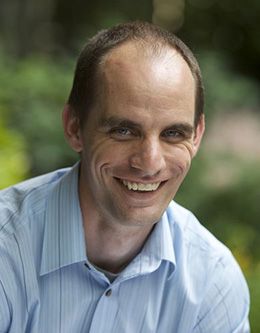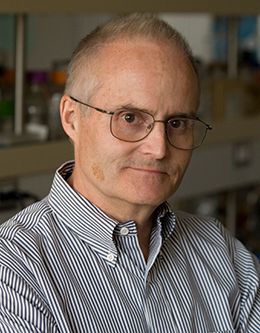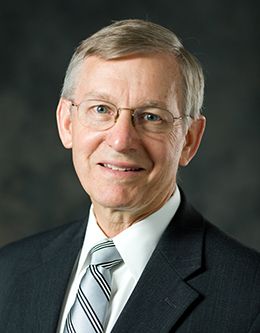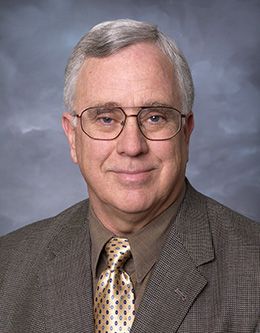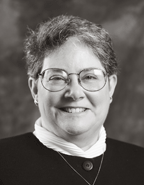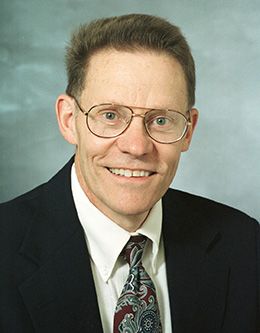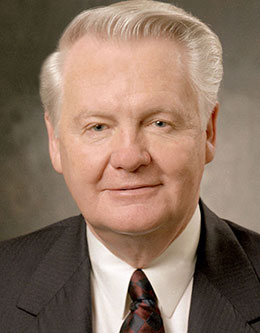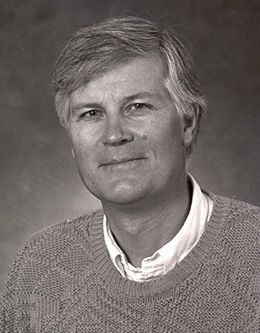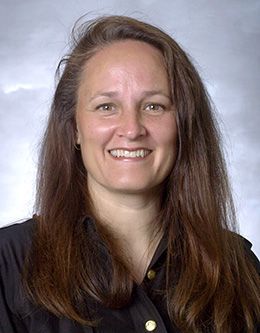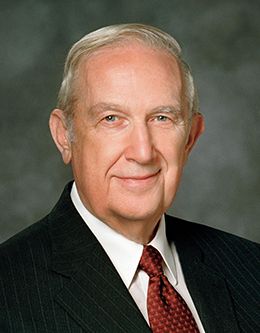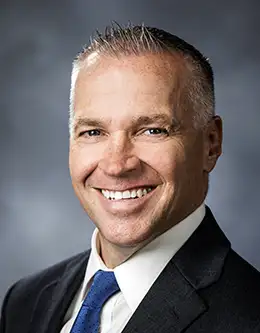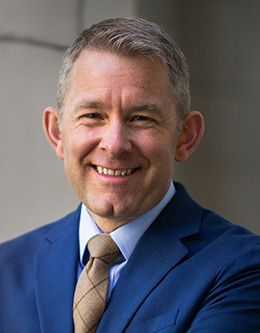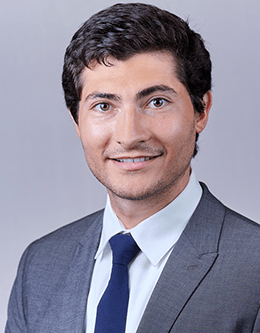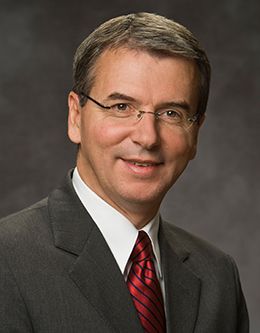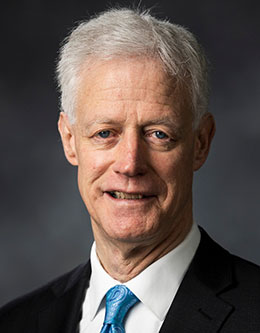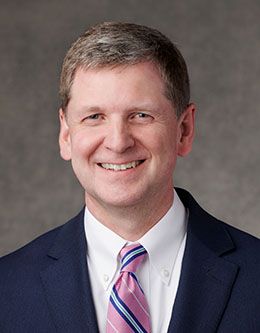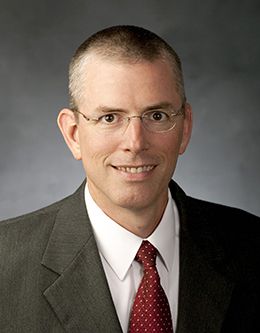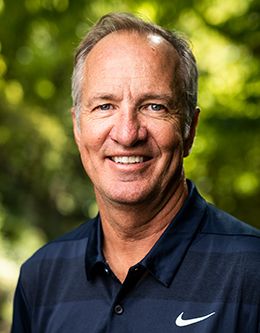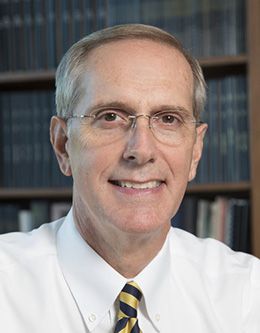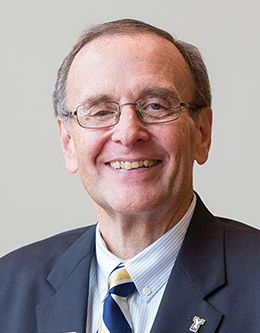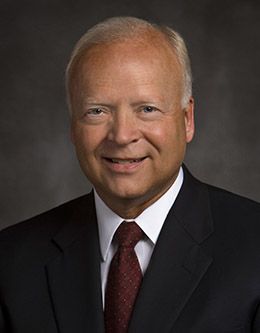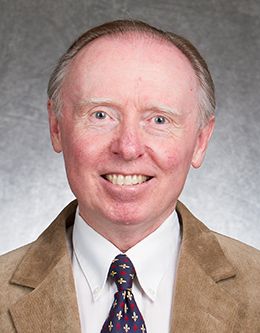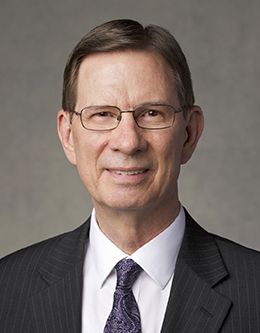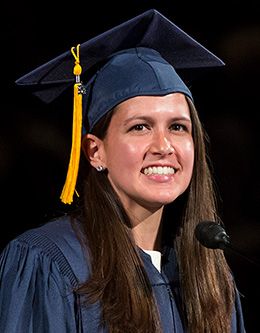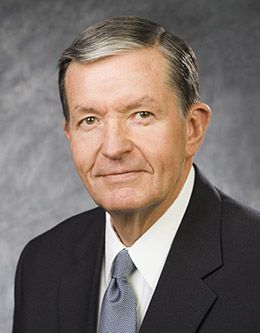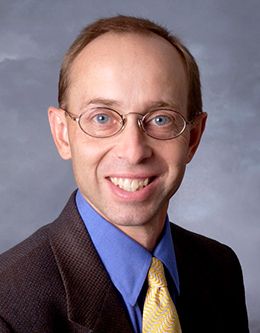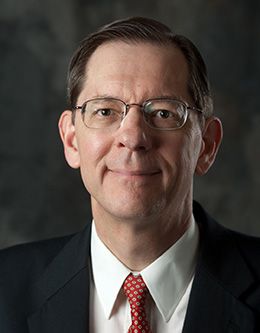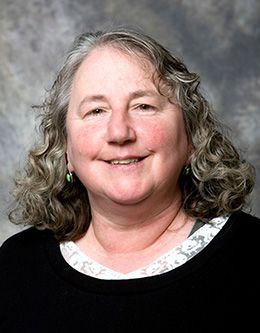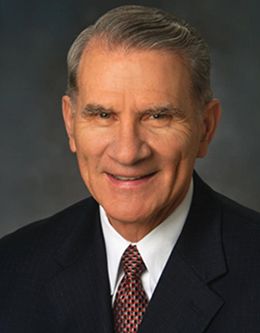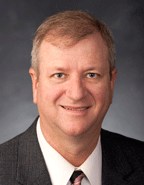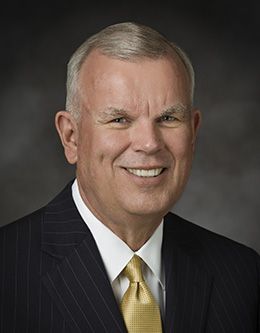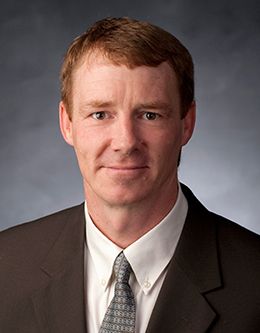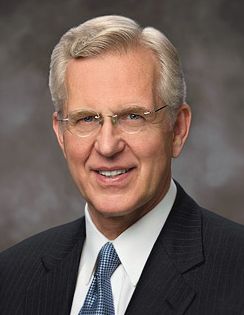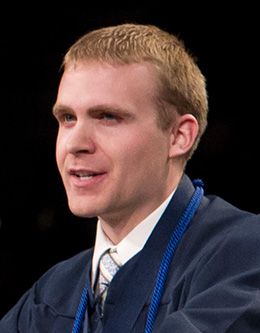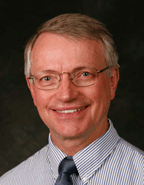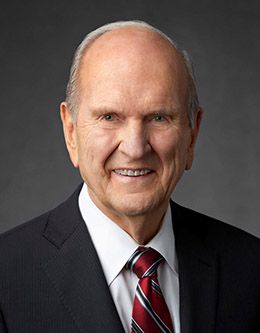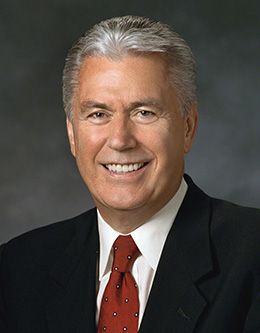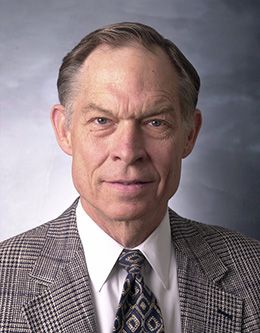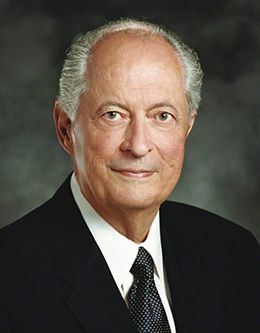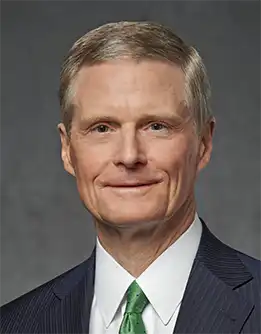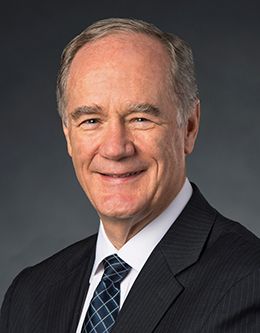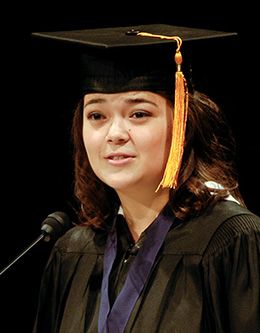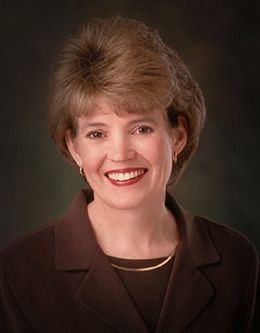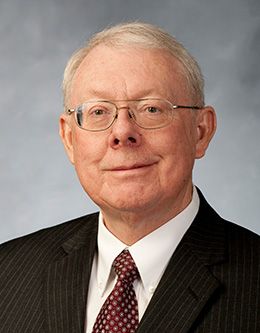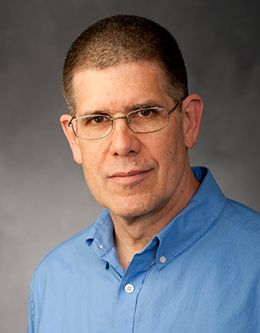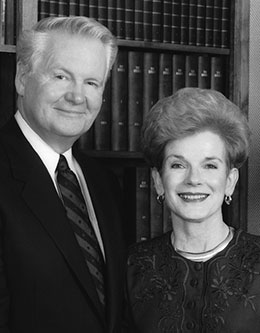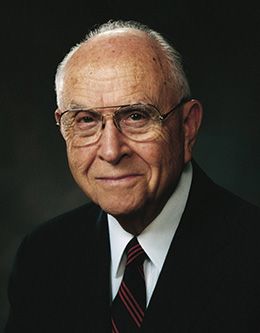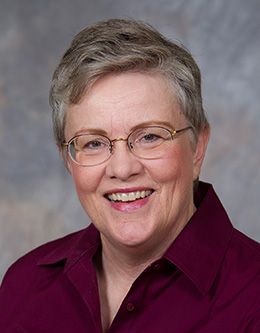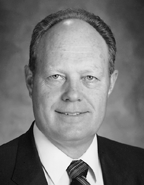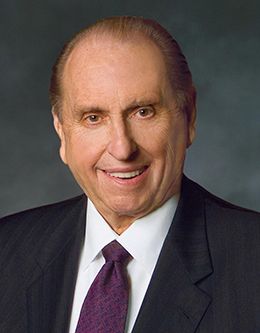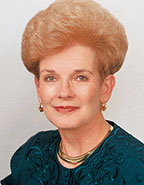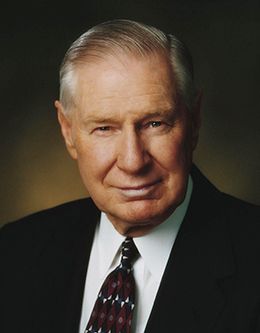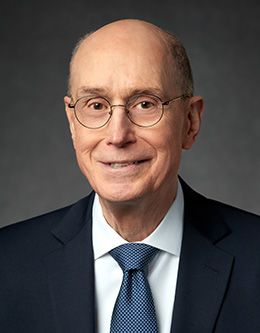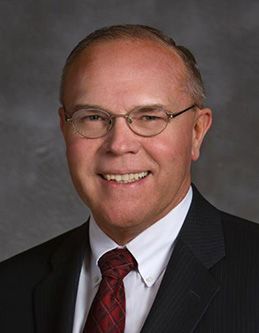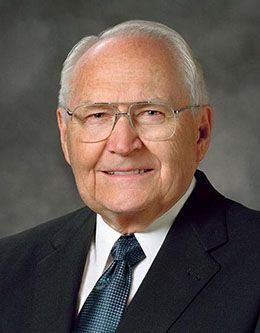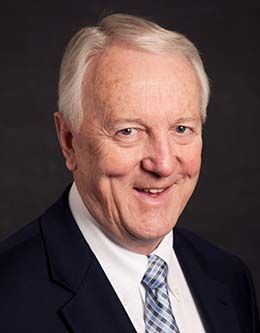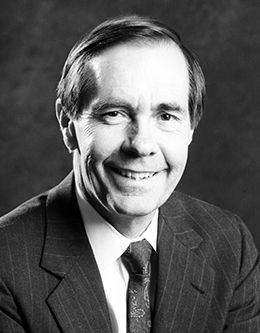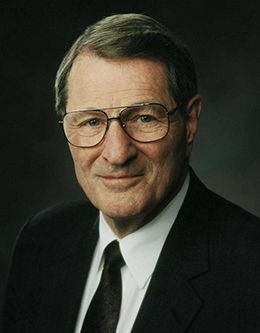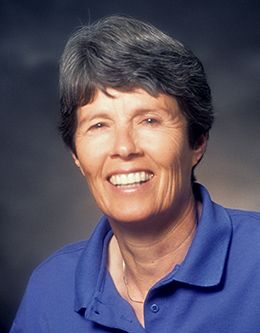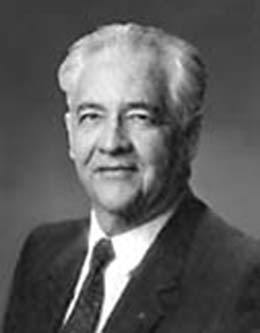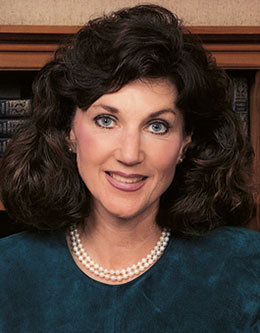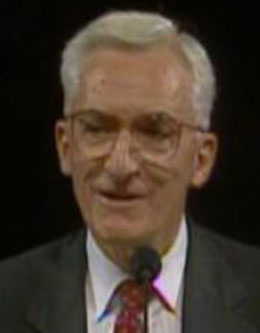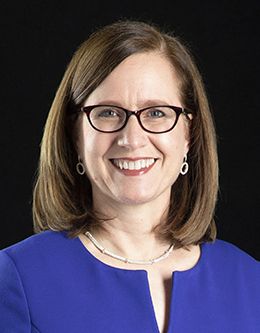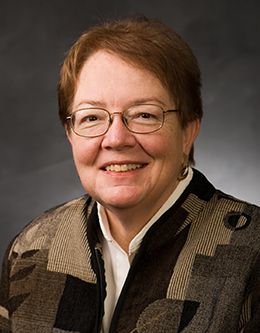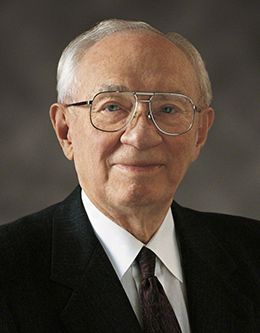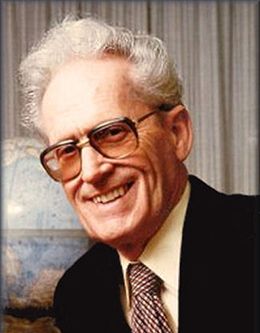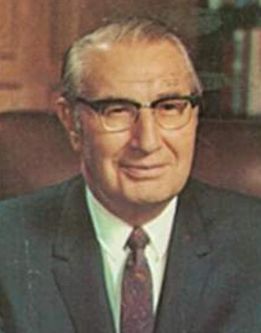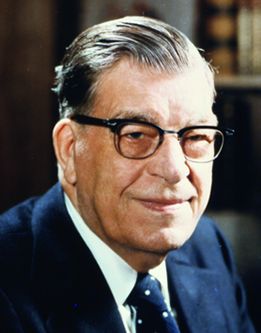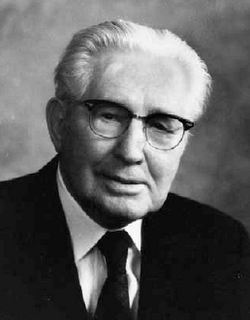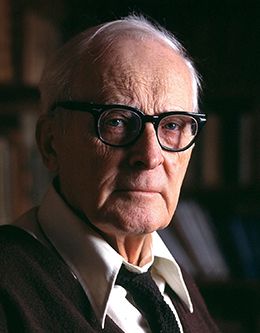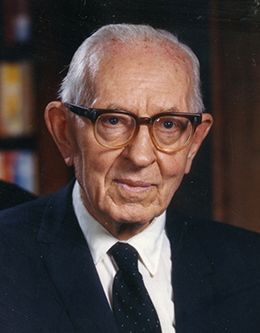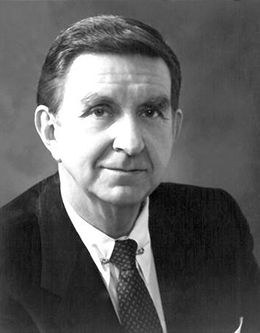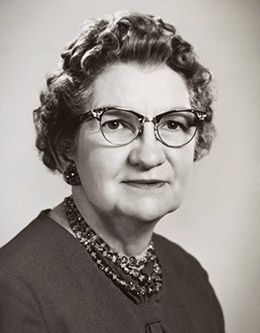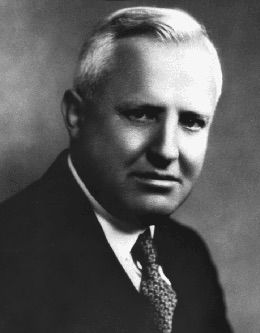
Lessons on Endurance
Enduring isn’t just surviving. It includes work and effort, learning in the process, and drawing closer to God through prayer and gratitude.
Learn of Christ
We access Christ’s strength as we learn of Him by studying His words, developing meekness, and serving others.
Great Temples of Learning on Temple Hill
Through understanding the genetics of oats and quinoa, we learn the importance of light and truth, both secular and spiritual.
Finding Wonder in Remote Places
We can gain greater knowledge, joy, knowledge, and understanding by cultivating sources of wonder in our lives.
How I Became a Seeker
Steven C. Harper explains how, by study and by faith, we can each become a spiritual seeker and arrive at "other side simplicity."
Faith and Science: Symbiotic Pathways to Truth
Dr. Jamie L. Jensen explains the symbiotic relationship between faith and science. The two can fit together without conflict.
Deliberate Student Centeredness
C. Shane Reese explains ways that BYU excels in its efforts to have deliberate student centeredness, particularly in the area of scholarship.
The University and the Kingdom of God
Dr. Spencer Fluhman shares that in your learning effort, God is seeking you just as much as you seek Him. God is "fitting you for a world that needs you."
“The Ultimate Triumph of Truth”
In order to triumph over our modern problems, we need to be like Leonardo da Vinci and become life-long seekers of truth.
Enter to Learn; Go Forth to Fight!
Elder Godoy teaches us that we need to take advantage of learning opportunities now so we can serve the Lord faithfully after we leave BYU.
Fulfilling the Destiny of Zion
While highlighting the accomplishments of BYU students, Kevin J Worthen shares how their research is changing the world and fulfilling the destiny of Zion.
Mastered by Our Discipleship
As we provide inspired, experiential learning to students, we must examine situations from many angles and in the light of the gospel.
Language Learning: A Truly Educational Experience
Learning a language gives you the incredible chance to enrich your mind, spirit, character, and ability to serve. But it takes work.
Your Eternal Learning Process
President Worthen emphasizes the importance of eternal learning, including the continuous search for knowledge and truth, for the summer 2016 BYU graduates.
“Without Compulsory Means”
When we choose to exercise our agency to learn, grow, and accomplish good in this world, our influence will naturally increase.
Life Connected
When we make connections between different aspects of living, we see the big picture, and we find unexpected opportunities to do good.
The Power of Not Knowing
Liz Wiseman shares how being comfortable with "not knowing" instead of being overconfident improves our success in leadership and learning.
Following Worthy Mentors
We should accept direction from our mentors and we should give good direction to those we mentor. Working hard will lead us in the right direction.
“A Vibrant and Determined Community of Learners and Lifters”
BYU President Kevin J Worthen shares how everyone create a community of learners and lifters in all aspects of campus life.
“Quest for Perfection and Eternal Life”
Learning through failure, correction, scholarship, and love will keep us on course as we fulfill our quest for eternal life.
We Explore So That We May Discover
When we prioritize exploration, we can be inspired. When this happens, new and valuable discoveries can occur.
Your Learning Doesn’t End
Terry R. Seamons, president of the BYU Alumni Association of the time, reminds graduates that their learning doesn't end at the end of formal education.
Lessons from the Savior’s Young Adult Life
We can find direction by following the Savior’s example of learning, growing, waiting on the Lord, and making covenants.
Experiment and Experience
Life experience enables us to grow, gain truth, and become more Christlike. We can look at experiences as experiments that help us learn.
Successfully Failing: Pursuing Our Quest for Perfection
Failure is an essential part of our quest for perfection. By trusting in God and in the Atonement, we can turn our failures into successes.
Lifelong Learning and Continuous Service
Terry R. Seamons invites students leaving the university to be lifelong learners and to provide continuous service wherever life takes them.
“All Ye Need to Know”
When we think of all we need to know, temporally and spiritually, it can be daunting. However, knowledge is also a great source of empowerment and comfort.
“And Thus We See”
Develop your spiritual capacity as you grow intellectually. This development will help you use knowledge to discern.
To Serve and Benefit the World
BYU graduates are encouraged to become lifelong learner and use their knowledge to serve others.
Learning to Learn
To remain relevant throughout your career, and to give your life meaning, you will need to continue learning—and learning how to learn.
Wandering and Wondering
We can use the examples of wandering and wondering to return to Heavenly Father and navigate the modern question of faith and reason.
The Joy of Education and Lifelong Learning
Lifelong learning helps us develop personally, serve others, and be prepared.
The End of Wonder in the Age of Whatever
Michael Wesch discusses the intersection of two knowledge machines—universities and the internet—and how without questions, students cannot learn.
Becoming More Teachable
We can work on becoming more teachable by sticking to the fundamentals, being grateful and humble, and, when necessary, repenting and recalibrating.
Lessons from Life’s Laboratory
We may not know where life will take us, but the experiments in life will yield fruitful results with the gospel of Christ.
“That All May Be Edified”
Jay E. Jensen lays out principles of teaching and learning, both in councils and families, that invite the Spirit so all may be edified together.
“Into the Burn!”
This life is for us to learn. We may be tempted to lean on our own understanding, but we will be blessed as we choose to trust God.
“Thy Mind, O Man, Must Stretch”
The BYU Mission Statement is examined. In order to have a lifetime of learning, all must stretch their minds and abilities.
Seekers of Truth
Education Week reminds us of the charge for all to become seekers of truth. We do this by learning from the best books.
“They Shall Ask the Way to Zion”
We are here on earth to learn, so put effort into your learning. Be curious, and advance your knowledge as much as you can.
Our Moral Test
This life is a moral test in which we all have infinite potential. As we achieve and progress, we must be humble and realize how much more we have to learn.
“Brighter Until the Perfect Day”
As the sun sets on graduates’ time at BYU, it rises on their eternal development and will get “brighter until the perfect day” if they seek light and truth.
Scholarship and Faith
Our scholarship informs and deepens our faith, even if we can’t see how. Blessings come as we combine the scientific and the spiritual.
Always Learning and Growing
A rather common fallacy is that with graduation, one has finished her or his education. To be prepared for what's ahead, we never stop learning and growing.
“Neither Trust in the Arm of Flesh”
As we face the challenges of life, we must put our trust in the Lord rather than "the arm of flesh," the limited knowledge of man.
As You Embark upon This New Era
Dieter F. Uchtdorf tells BYU graduates: as you embark upon this new era of your lives, use your time wisely, continue to learn, and seek the Spirit always.
An Education of the Whole Soul
In an analysis of the L. Tom Perry Collections, C. Terry Warner tells stories of those who made BYU—where education is a matter of the whole soul—possible.
A Celebration of Learning
The older we get and the more we learn, the more we realize that we will be learning, intellectually and spiritually, for the rest of our lives.
The Journey of Lifelong Learning
Robert D. Hales teaches that learning is both a secular and religious endeavor; Latter-day Saints should pursue lifelong learning.
Learning to Love Learning
A BYU education ought to instill in you a love of learning that will help you in further education, career, and eternal personal development.
To Learn and to Teach More Effectively
Learn to recognize, receive, and teach spiritual guidance through the Holy Ghost. Hear, see, feel, write, and act to gain lasting truth.
“The Means of Doing Much Good”
BYU graduates have been blessed with the means to provide for their families and to give back to their community, school, and world.
Learn Throughout Your Lives
The uniqueness of BYU does not come from its size or prestige, but its commitment to producing graduates who are dedicated to learn for eternity.
Information Has No Borders: Globalization’s Unfinished Business
The text for this speech is unavailable. Please see our FAQ page for more information.
Discovering the Riddles of the Universe One Calorie at a Time
Light, heat, and magnetism reveal universal laws—yet true understanding deepens when science and faith work together, not in conflict.
The Legacy of Learning
Although he had little formal schooling, Joseph Smith left the Church a legacy of asking and answering questions, working hard, and learning all we can.
“One of the Great Lights of the World”: Seeking Learning by Study and Faith at BYU
John S. Tanner shares with BYU faculty his personal insight on the topic of learning—a process which requires both study and faith. Learning is not an event but rather something that takes place over a lifetime.
The Changing World
We can face a rapidly changing world with the optimism that we can always learn and adapt, and the assurance that some truths never change.
Beyond Baby Shampoo
Looking back upon journal entries from my freshman days at BYU, I found what I had written to sum up my year of learning: “An unconfident man will say he has no talent. A foolish man will believe him.” This idea has made a strong impression upon me.
A Gospel Ground for Education: An Academic Credo
The Lord commands us to love Him with all our minds, giving us the gospel duty to seek and love learning and truth.
Notes from an Amateur on Academic Excellence
In this address to BYU faculty, John S. Tanner encourages all to keep their inner excited amateur alive on the journey toward professional excellence.
Learning by Heart
Susan W. Tanner explains that learning by heart is more than memorization—it is integrating what you learn into your very being.
“Have Ye Sufficiently Retained in Remembrance?”
Scott Duvall shares three things we must “sufficiently retain in remembrance”: the past, the future, and our Savior, Jesus Christ.
“My Soul Delighteth in Plainness unto My People, That They May Learn”
Nephi delighted in plainness so that his people could learn. Similarly, we should live our lives and teach the gospel with more simplicity.
“We Have Received, and We Need No More”
If we are satisfied with where we are, if we are pretty sure we have the whole thing figured out, we are in effect saying: “We have received, and we need no more.” The point of this life is to grow and progress, to become something so unbelievably far from where we are now that it almost seems ridiculous to contemplate.
Ever Learning and Ever Improving
To meet the demands of an every-changing world and workforce, President Samuelson counsels BYU graduates to never stop learning and improving.
Temples of Learning
After reflecting on the 9/11 tragedy, BYU's president counsels students to treat the university, and their bodies, as temples of learning.
“Lay Hold upon Every Good Thing”
We can navigate a changing world by laying hold on "every good thing:" eternal family, personal purity, and learning by study and faith.
Go Out into the World
BYU graduates should live the principles of the gospel, be good citizens, and be examples as they go out into the world.
Lift Up Thine Eyes to the Mountains
BYU freshman should take the BYU Aims seriously and build character, enlarge intellect, strengthen spirit, and prepare for lifelong service.
Learning in an Eternal Context
There is a limit to how much we can learn in this life, so we must gain knowledge that has the most worth, learning by study and by faith.
The Formula for Going Out into the World
There are four things we can do to make room for the Savior in our lives: labor to learn, strive to serve, think to thank, and pause to pray.
Building Your Future
Earl M. Woolley advocates building your future by learning from experiences, seeking information, and developing positive character traits.
Light, Visions, and Dreams
Do you dream of future discoveries? What visions do you have for a better world? Through spiritual light and hard work, you can make those dreams a reality.
Learning in the Light of Truth
The properties of physical light teach us about spiritual light and truth. By working toward the objectives of BYU, we can bring more light to the world.
Evolution of the Mind, the Heart, and the Soul
In this life, we strive for perfection a little bit at a time. The plan of salvation teaches us that progress is eternal, the key to becoming like God.
Learning for Eternity
In all your education at BYU, make sure you learn to think clearly, act well, and appreciate life. Learn for this life and for eternity.
A Child of God
Understanding the nature of God, and our own nature as a child of God, can strip us of pride and enable us with the power to learn.
“The World Is Charged with the Grandeur of God”: A Mandate for Eternal Education
While discerning between good and evil, we must be careful to not discount non-LDS literature that can help us further our eternal education.
The Searching Mind
We should develop a searching mind informed by the gospel of Christ so we can evaluate ideas and avoid following the Korihors of the world.
The Education of the Heart
We receive the most powerful education when we seek to answer the questions of our hearts, diligently taking both our efforts and answers to the Lord.
Enter to Learn—Go Forth to Serve
The challenge contained in the motto of this university, to learn and to serve, represents the purpose of our mortal life.
“And Also By Faith”
It is important to seek learning by study, but let us not forget to seek knowledge “also by faith,” through obedience, prayer, and diligence.
Paul and Alma and Harold B. Lee: What Prophets and Common Sense Can Teach Us About Learning From Our Mistakes
When we make a mistake (although we shouldn't stop trying to avoid them), we can learn from it as Alma, Paul, and other prophets have shown.
The Inexhaustible Gospel
The gospel is inexhaustible because there is not only so much for us to know, but there is also so much for us to become.
Gratitude in Scholarly Life
The text for this speech is unavailable. Please see our FAQ page for more information.
“Seek Ye Diligently and Teach One Another Words of Wisdom”
George R. Hill shares insights into how both the “scientific method” and the “revelation method” can help us discover truth.
Opportunities for Learning
At BYU, opportunities for learning happen not only in classrooms of education, but in contributing to a unique environment of etiquette and kindness.
Pointed in the Right Direction
Just as a loving parent, Heavenly Father will not solve all of our problems for us. But He will point us in the right direction if we will ask for His help.
Live to Make Good Memories
George I. Cannon encourages students to remember the importance of living to make good memories that will bless them their whole lives.
The Fruits of Obedience
Many fruits come from obedience: peace, discipline, the capacity to work, love of service, confidence, and character.
Questions and Answers
An education helps us to ask questions and find answers because we cannot truly understand the world until we bridge the gap to discovery.
On Being Teachable
As children of God, there is much for us to learn. By being teachable, we can learn of Heavenly Father's love for us and edify each other.
Good Judgment and Common Sense
To succeed in life, we need good judgement and common sense that will compel us to keep learning, keep doing our homework, and keep caring.
If I Were You, What Would I Do?
Students are encouraged to take advantage of their opportunities at BYU with a lighthearted poem, “If I Were You, What Would I Do?”
Hamburgers and Smorgasbords
To continue learning, we must experience the smorgasbords of life rather than only the hamburgers. Leave your comfort zone and explore.
The Proper Equipment
To gain learning and understanding, we must use the proper equipment. Both rational thought and spiritual revelation are necessary for our progression.
“I Need Thee Every Hour”
Elder Perry and members of his family witness how we need the Lord for our physical, social, emotional, mental, and spiritual well-being.
Insights from My Life
Neal A. Maxwell shares insights about such topics as regret and aspiration, divine blessings and human potential, and praise and criticism.
The Key to Learning
They key to learning is recognizing that knowledge comes from God. John H. Vandenberg speaks of the advances we have now that one day seemed only fictional.
Jesus—The Best Friend We Have
Jesus Christ is the best friend we have—but do we treat Him like the friend He is? Are we loyal to Him? Do we live the principles He taught?
Continual Learning: Key to Progress
Remember that your learning does not end when you get your degree. Seek the knowledge—scientific and moral—that will enable true progress in the world.
How to Write an Anti-Mormon Book
Learn how authors of anti-Mormon materials use specific strategies to convince readers of their trustworthiness, knowledge, and lack of bias.
A Knowledge of Countries and of Kingdoms
Knowledge of countries and kingdoms can be gained from reading scripture and other writings. It is valuable for our spiritual growth.
Learning Never Ends
Learning is an eternal endeavor. We learn—about God, about the world and its knowledge, and about how to better ourselves—for this life and for eternity.
Learning to Live
Women must focus on home-making and humanitarian activities by prioritizing people over material things and serving those around them.
Art and Culture in Everyday Life
The text for this speech is unavailable. Please see our FAQ page for more information.
The Story of My Life
Thomas L. Martin humorously describes the main events of his life and highlights how the hand of the Lord worked to help him reach all his righteous goals.
The Journey of Life
A BYU president shares five habits that will carry us through the journey of life: learning, loving, thinking, appreciation, and worship.


